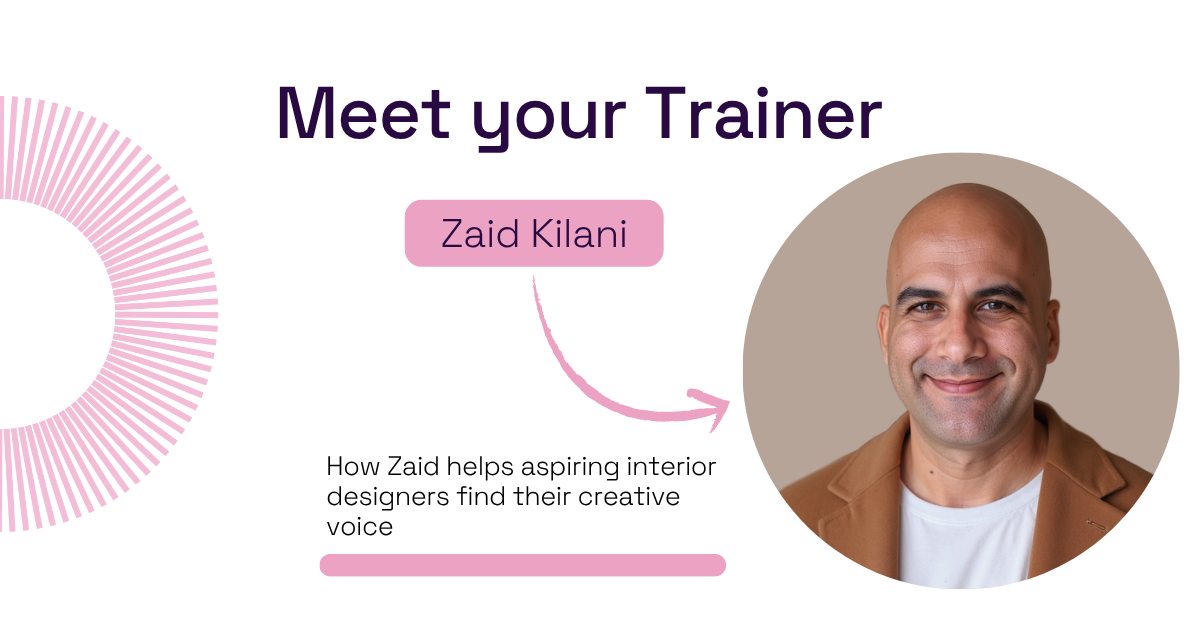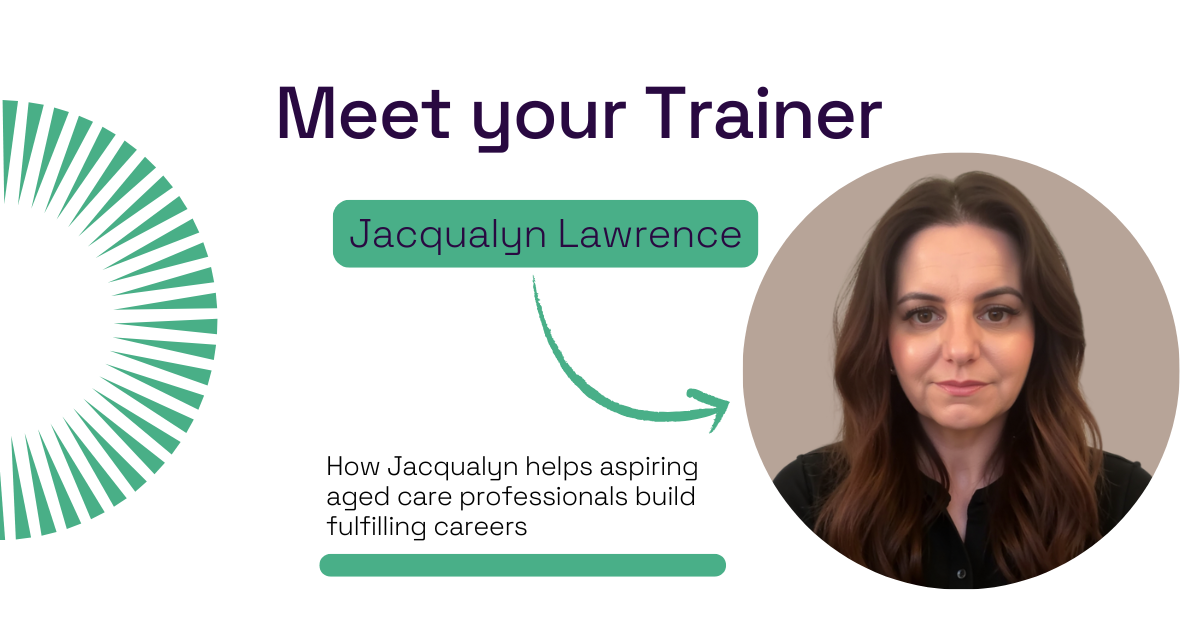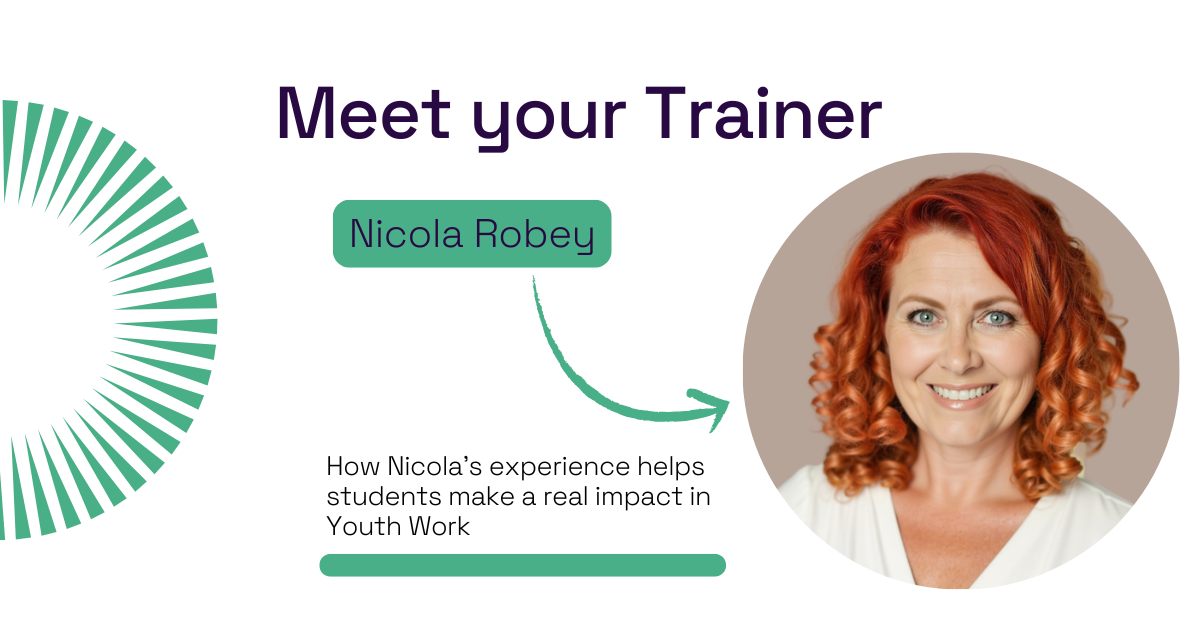Explore our collection of informative and educational blog posts to stay updated on the latest industry trends and expert advice.
How to write a resume

Resume Templates
Resume templates can be really helpful for those who haven’t had much experience writing resumes before, or who are just at a loss as to what to include (and not include).
Of course, if you search for information on resume templates online in Australia, you might come across a lot of different websites that claim emphatically that you definitely should or should not use a resume template.
We’re here to take you through some of the pros and cons to help you decide whether or not you should use a resume template.
Jump to section:
Download free resume templates
What is a resume template?
A resume template is a simple and easy way to get started when writing your resume. It can provide you with a basic outline for how best to structure your resume and what areas you should focus on. Most templates will allow you to simply add the relevant information in where needed, saving you time when building your resume.
Why use a resume template?
There are a few great reasons for you to use a resume template.
1. Save time
For one, it can save you a lot of time. Everything is basically done for you, you just need to fill in the blanks! This can be especially helpful for people who are applying for multiple jobs every day. Just remember to always customise the information your inputting.
2. Prioritise relevant skills
A resume template will force you to consider what your most important and relevant skills are in relation to the job you’re applying for. This will help to streamline your resume and keep it looking lean and interesting for the reader.
3. Easy-to-read format
Most resume templates have been designed to be simple and easy to understand. This will make it much easier for the reader (i.e. your potential employer) to scan through the information you've provided.

When should I use a resume template?
Resume templates can be really helpful for those who haven't had much experience writing resumes before, or who are just at a loss as to what to include (and not include).
Of course, if you search for information on resume templates online in Australia, you might come across a lot of different websites that claim emphatically that you definitely should or should not use a resume template.
We're here to take you through some of the pros and cons to help you decide whether or not you should use a resume template.
Why use a resume template?
There are a few great reasons for you to use a resume template.
1. Save time
For one, it can save you a lot of time. Everything is basically done for you, you just need to fill in the blanks! This can be especially helpful for people who are applying for multiple jobs every day. Just remember to always customise the information your inputting.
2. Prioritise relevant skills
A resume template will force you to consider what your most important and relevant skills are in relation to the job you're applying for. This will help to streamline your resume and keep it looking lean and interesting for the reader.
3. Easy-to-read format
Most resume templates have been designed to be simple and easy to understand. This will make it much easier for the reader (i.e. your potential employer) to scan through the information you've provided.

When should I use a resume template?
Resume templates can be helpful for people who have not had much experience writing a resume before, or who are unsure where to begin.
For example, if you’re a student who’s just graduated high school, you may not have much experience creating resumes and cover letters.
Alternatively, you may have been in the same job for a long time and had no reason to send out a resume for a couple of years.
Or maybe you’ve written a resume and it’s landed you jobs in the past, but now it doesn’t seem to be getting you the right kind of attention. Maybe it’s time to use a template to help overhaul or resume.
If you fit into one of these scenarios, a template may be a great place for you to start crafting a fresh, new resume.
When should I NOT use a resume template?
One of the downsides of using a resume template is that you’re using a pre-made format that can sometimes look a little generic. This means your resume may not stand out in the way you want it to.
Also, if you’re going for a creative job (such as a Graphic Designer or a Web Designer) then your potential employer is going to be on the lookout for resumes that get their attention straight away.
If this is the case, think about using a resume template to help you get a basic idea of what you need to include, and then begin working on creating your own resume from scratch so that you really stand out.
Another con to using resume templates is that no template is ever going to be a ‘one size fits all’ solution. This means that you might have to go through a few different templates to find the one best suited to the job you’re applying for.
Finally, when choosing a resume template, you should always be on the lookout for outdated formats and clichéd buzzwords. Make sure you’re choosing a modern format and delete any clichés that might make the Hiring Manager grind their teeth.
So to sum up: if you’re prepared to tailor the content yourself and are just looking for some guidance with the formatting, a basic resume template can give you a better idea of where everything goes and help you get organised.
Try to view templates more as guidelines than ready-to-use resumes, and keep in mind that even though something may be formatted in a certain way, you can always switch things around a bit to better reflect your skills or industry.
Which resume template is best?
There is no ‘one size fits all’ Australian resume template and the template that you choose will depend on many different things – such as the job and industry.
Here are some resume samples to get you motivated:
Student resume template
If you’re a high school student who is still currently studying, or will be graduating soon, here are some tips on what to include in your resume:
- Informal work experience, like babysitting or gardening chores. Make sure you relate it to the job you’re applying for.
- Extracurricular activities such as volunteer work and any clubs you belong to.
- Leadership roles, such as School Captain.
- Notable school achievements, honours and awards.
Recent graduate resume template
If you’ve recently graduated with a VET or university qualification, here are some things to include in your resume:
- Your qualification/s and date/s of graduation (or the date you intend to graduate if you haven’t already). You can mention which high school you attended, but you don’t generally need to list which subjects you took or what your ATAR was.
- Previous paid work experience or internships.
- Your soft skills, such as strong communication skills and teamwork. If you have hard skills that you’ve developed through your course, then list these, too.
- Any achievements that directly relate to the job you’re applying for. Remember to downplay your lack of experience and focus on your strengths.
Simple resume template
If you’re just after a simple resume that gets down to brass tacks, here are a few things you can include without being overly fluffy:
- Your qualification/s and date/s of graduation.
- Previous roles and responsibilities.
- Soft and hard skills directly related to the role.
- Achievements directly related to the role.
Professional resume template
A little more in-depth than a ‘simple’ resume template, here are some things you can include in a professional resume:
- Your qualification/s and date/s of graduation.
- Previous roles and responsibilities.
- Soft and hard skills that are directly related to the role.
- Achievements and awards.
- A statement summary. This is optional, and if you include it make sure it’s concise and to the point.
- Any additional activities that will help you stand out to the Hiring Manager – such as volunteer experience, community involvement, etc.

Download free resume templates
Take a look at these free resume templates.
Download High school resume template
Download Simple resume template
Download VET graduate resume template
The dos and don’ts of creating a resume
DO customise your resume for each application
Cover letters and resumes should be adjusted to display all of the skills and experience that are relevant to the job you’re applying for. You should always tailor your resume to suit the job you’re applying for.
DO be specific
It always helps to be as specific as possible. Mention your specific responsibilities and tasks and use numbers wherever possible (e.g. “I helped to increase sales by 34% over a 12-month period” or “I helped to train eight new staff”).
DO show your potential employer how you can help them
Instead of talking about what the job can do for you, tell your prospective employer what you can do for them. Demonstrate why they should be jumping at the chance to hire you over the other candidates.
DO use the right keywords
Some employers will search for specific keywords in resumes to narrow down their applicant search. Other employers utilise software that automatically scans resumes for specific keywords, and any resumes that don’t contain the right keywords don’t get forwarded on to the Hiring Manager.
So, how do you know what keywords employers might be looking for? A simple way to do this is to scan the job posting carefully and pick out any specific terminology or words that stand out.
Of course, your resume also has to read well once an employer or recruiter takes the time to scrutinise it, so don’t go overboard with keywords, and keep an eye out for awkward phrasing or repetition.
DO use consistent formatting and language
You want your resume to be readable, and inconsistent formatting can be really distracting. This means making sure you align subtitles, bullet points, and text correctly. The same goes for your writing; if you choose to describe your current position in the present tense, and prior positions in the past tense, that’s fine – but it must be done consistently.
DON’T include irrelevant or damaging information
Some information simply doesn’t belong on your resume. For example, your marital status, date of birth or your religion don’t need to be included.
You also don’t need to list any jobs you worked at more than twelve years ago and are not relevant to the job you’re applying for. Remember, your resume is marketing material that’s advertising you – it doesn’t have to be a detailed work history.
DON’T forget to include your contact details
An obvious, yet frequently overlooked section on a resume is the contact information. Having contact information on every page (like in the header or footer) of your application makes things easier for the Hiring Manager.
Another common mistake is not updating contact information on your resume when you move or change your email address or phone number. Employers are not going to spend their precious time trying to track you down, so make sure you always include at least an up-to-date phone number and email address.
DON’T use an unprofessional email address
Along the same lines, make sure you have a professional email address where employers can contact you. If you’re still using the same email address from high school (a la mikerulez95@ or 2hot4u@) then make sure you update it to something more professional. Generally, your email should just be your first and last name and a few numbers if necessary.
DON’T use vague language
It’s one thing to use keywords and industry-specific language, but it’s another thing entirely to use big words and clichés just to fill space or make your qualifications sound better than they are.
Whenever possible, use clear and concise language that conveys what you’re trying to say without boring the reader.
DON’T use an objective
Objectives can end up being vague and they take up valuable space. Instead, to create a more modern resume, you can include something like a summary statement which provides the reader with a brief introduction. E.g., “Personal Assistant with over four years' experience working within the corporate sector. Fantastic communicator, highly organised, detail orientated, personable and with strong computer skills. Certificate III in Business Administration.”
Alternatively, don’t include anything and save yourself some space.
Here's an additional tip:
Beaconstac claims to have seen an increase in an applicants’ prospects after adding a QR code to their resumes. In part, it could be because it showcases how adaptive the applicant is to the fast-changing trends of technology, and can serve as a pathway to additional information (such as the applicant’s LinkedIn profile or online portfolio).
How can I make my resume stand out from the crowd?
A nationally recognised VET qualification is one way to make your resume stand out to employers. VET qualifications are designed to teach you job-ready, practical skills that will have you ready to hit the ground running once you graduate. Plus, they send a strong message to employers - “I’m serious about my career path. I know what it takes to succeed. I’ve studied a course that will help me achieve my career goals.”
If you’re thinking of studying a qualification, you can check out OC’s huge offering of online VET qualifications on our website.
If you’re still not 100% certain about the career path you’d like to follow or which course you should undertake, then our career quiz can help point you in the right direction.
Everything can happen.








